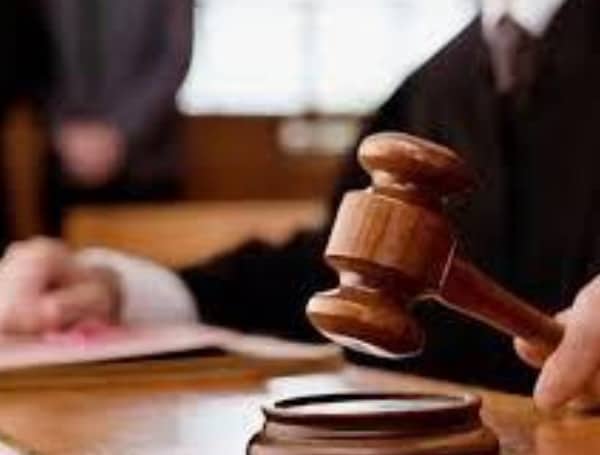The Liberty Justice Center (LJC) Thursday filed an amicus brief with the United States Supreme Court, urging it to strike down an Oregon law that restricts the recording of public officials. The brief, filed in the case of Project Veritas v. Schmidt, argues that Oregon’s statute violates the First Amendment by imposing content-based distinctions on speech.
This marks the second time the LJC has intervened in the case, having previously filed an amicus brief in the Ninth Circuit in 2024. The Supreme Court’s decision in this case could establish a national precedent regarding the public’s right to record government officials and ensure accountability.
READ: SCOTUS Stalemate Slams Door On Oklahoma Catholic Charter School Funding
Oregon Revised Statutes generally prohibit recording conversations without the consent of all parties. However, it carves out exceptions for specific scenarios, such as recordings involving on-duty law enforcement officers, custodial interviews, or public meetings.
The LJC’s brief contends that these exceptions, while seemingly allowing certain recordings, create an unconstitutional framework by continuing to ban recordings of other government officials or activities based on their content.
Drawing on established Supreme Court precedents like Reed v. Town of Gilbert and City of Austin v. Reagan National Advertising, the LJC’s brief asserts that Oregon’s law unfairly differentiates recordings based on their subject matter. The brief argues that such content-based distinctions warrant the highest level of judicial scrutiny.
READ: Feds Probe Elite TJ High’s Admissions In Virginia Over Racial Discrimination Allegations
“The Oregon statute is plainly content-based, because it allows recordings of some conversations, but not others, to be obtained and disseminated, based on their content,” the brief states. “Whether the recording may be disseminated depends on what the recording is of—that is, what its content is. This is not a time, place, or manner restriction, but a direct regulation of speech based on subject matter.”
Jeffrey Schwab, Senior Counsel for the Liberty Justice Center, emphasized the core constitutional issue at stake.
“The government cannot treat speech differently based on its content,” Schwab said. “Through its exceptions, the Oregon statute allows certain recordings while prohibiting others based entirely on the topic of those recordings.”
Please make a small donation to the Tampa Free Press to help sustain independent journalism. Your contribution enables us to continue delivering high-quality, local, and national news coverage.
Connect with us: Follow the Tampa Free Press on Facebook and Twitter for breaking news and updates.
Sign up: Subscribe to our free newsletter for a curated selection of top stories delivered straight to your inbox.
